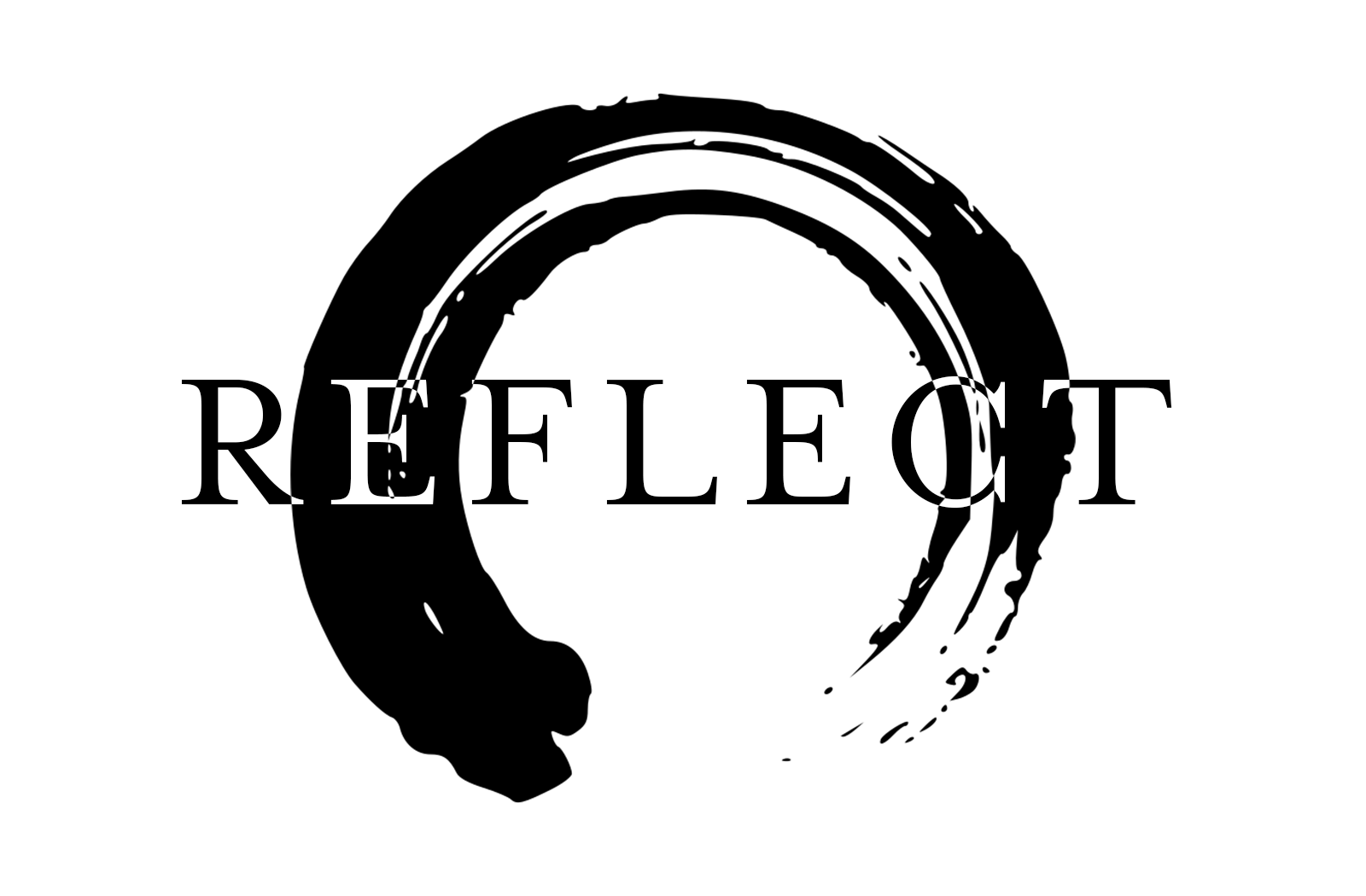His Holiness the 14th Dalai Lama on Global Compassion
From the 2017 Festival of Faiths, “Compassion: Shining Like the Sun”
Excerpt adapted from The Compassionate Life.
 I believe that at every level of society—familial, national, and international—the key to a happier and more successful world is the growth of compassion. We do not need to become religious, nor do we need to believe in an ideology. All that is necessary is for each of us to develop our good human qualities. I believe that the cultivation of individual happiness can contribute in a profound and effective way to the overall improvement of the entire human community.
I believe that at every level of society—familial, national, and international—the key to a happier and more successful world is the growth of compassion. We do not need to become religious, nor do we need to believe in an ideology. All that is necessary is for each of us to develop our good human qualities. I believe that the cultivation of individual happiness can contribute in a profound and effective way to the overall improvement of the entire human community.
We all share an identical need for love, and on the basis of this commonality, it is possible to feel that anybody we meet, in whatever circumstances, is a brother or sister. No matter how new the face or how different the dress or behavior, there is no significant division between us and other people. It is foolish to dwell on external differences because our basic natures are the same.
The benefits of transcending such superficial differences become clear when we look at our global situation. Ultimately, humanity is one and this small planet is our only home. If we are to protect this home of ours, each of us needs to experience a vivid sense of universal altruism and compassion. It is only this feeling that can remove the self-centered motives that cause people to deceive and misuse one another. If you have a sincere and open heart, you naturally feel self-worth and confidence, and there is no need to be fearful of others.
The need for an atmosphere of openness and cooperation at the global level is becoming more urgent. In this modern age, when it comes to dealing with economic situations there are no longer familial or even national boundaries. From country to country and continent to continent, the world is inextricably interconnected. Each country depends heavily on the others. In order for a country to develop its own economy, it is forced to take seriously into account the economic conditions of other countries as well. In fact, economic improvement in other countries ultimately results in economic improvement in one’s own country. In view of these facts about our modern world, we need a total revolution in our thinking and our habits. It is becoming clearer every day that a viable economic system must be based on a true sense of universal responsibility. In other words, what we need is a genuine commitment to the principles of universal brotherhood and sisterhood. This much is clear, isn’t it? This is not just a holy, moral or religious ideal. Rather, it is the reality of our modem human existence.
If you reflect deeply enough, it becomes obvious that we need more compassion and altruism everywhere. This critical point can be appreciated by observing the current state of affairs in the world, whether in the fields of modern economics and health care, or in political and military situations. In addition to the multitude of social and political crises, the world is also facing an ever-increasing cycle of natural calamities. Year after year, we have witnessed a radical shifting of global climatic patterns that has led to grave consequences: excessive rain in some countries that has brought serious flooding, a shortage of precipitation in other countries that has resulted in devastating droughts. Fortunately, concern for ecology and the environment is rapidly growing everywhere. We are now beginning to appreciate that the question of environmental protection is ultimately a question of our very survival on this planet. As human beings, we must also respect our fellow members of the human family: our neighbors, our friends, and so forth. Compassion, loving-kindness, altruism, and a sense of brotherhood and sisterhood are the keys not only to human development, but to planetary survival.
The success or failure of humanity in the future depends primarily upon the will and determination of the present generation. If we ourselves do not utilize our faculties of will and intelligence, there is no one else who can guarantee our future and that of the next generation. This is an indisputable fact. We cannot place the entire blame on politicians or those people who are seen as directly responsible for various situations; we too must bear some responsibility personally. It is only when the individual accepts personal responsibility that he or she begins to take some initiative. Just shouting and complaining is not good enough. A genuine change must first come from within the individual, then he or she can attempt to make significant contributions to humanity. Altruism is not merely a religious ideal; it is an indispensable requirement for humanity at large.
If we look at human history, we will find that a good heart has been the key in achieving what the world regards as great accomplishments: in the fields of civil rights, social work, political liberation, and religion, for example. A sincere outlook and motivation do not belong exclusively the sphere of religion; they can be generated by anyone simply by having genuine concern for others, for one’s community, for the poor and the needy. In short, they arise from taking a deep interest in and being concerned about the welfare of the larger community, that is, the welfare of others. Actions resulting from this kind of attitude and motivation will go down in history as good, beneficial, and a service to humanity.
Adapted from The Compassionate Life, by the Dalai Lama. © 2003 Tenzin Gyatso. Reprinted in the 2017 Festival of Faiths catalogue, courtesy of Wisdom Publications.
